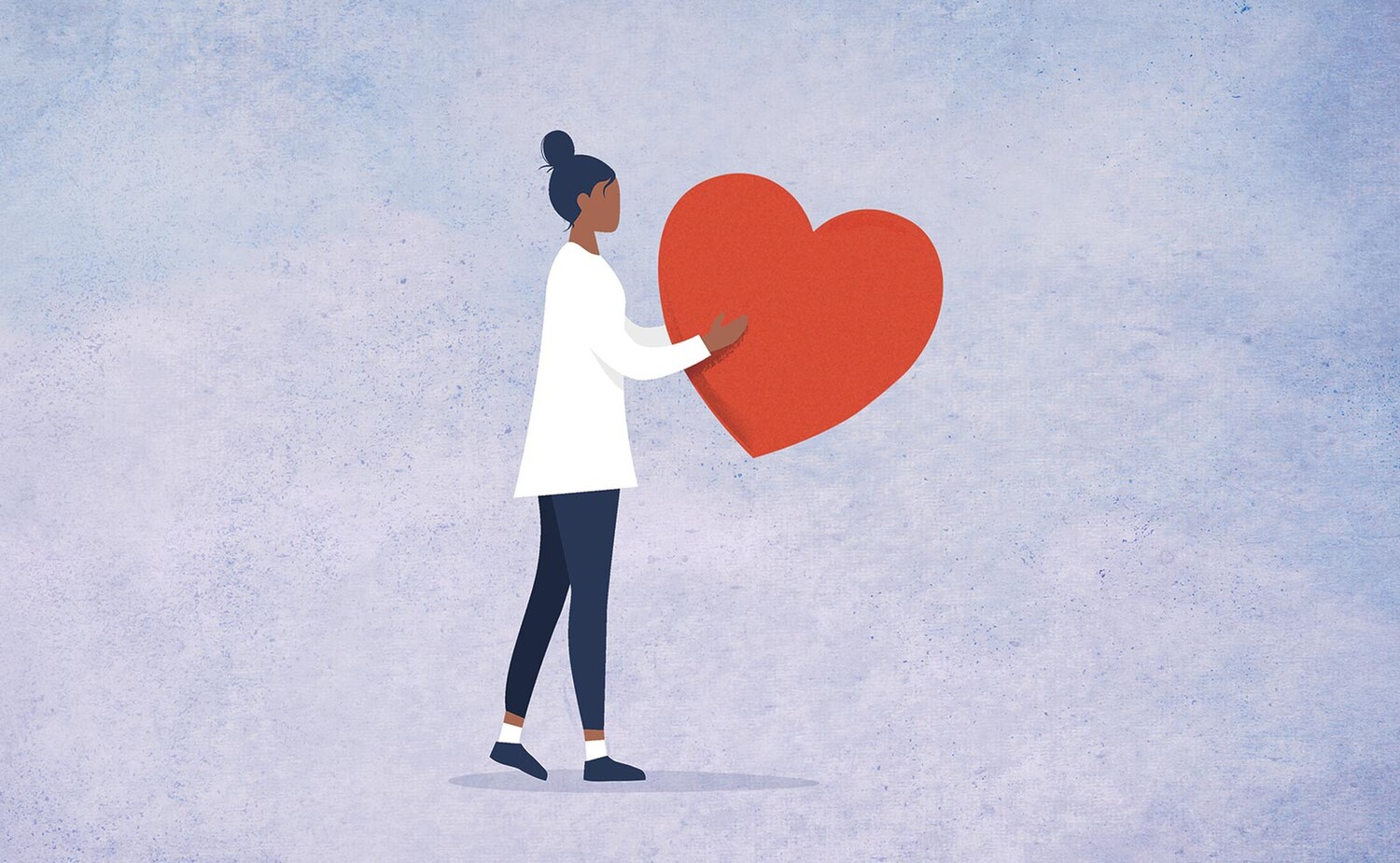Just imagine . . . you are standing in the grocery store checkout line right next to a big biker dude whose vast muscular girth, covered with scary tattoos, is squeezed tightly into a black leather vest. A large gold hoop pierces his right earlobe, a tight red bandana covers his shaved head, and he is pushing a cart full of beverages that would never be served at “Back to School” night.
No one dares to make eye contact with him.
No one breathes a word to him.
No one . . . except for your three-year-old son who is sitting in your shopping cart and staring in slack-jawed wonder at the sight.
You are praying, very hard, that the same angels who stopped the mouths of the lions in the book of Daniel will rapidly intervene before your kid does the thing that, deep down, you know he is going to do unless a miracle happens.
The angels are apparently busy elsewhere, because your son drops his box of animal crackers, slowly points his cookie-smeared finger at the biker dude, and squeals, “Looooooooooooooook! A pirate!”
You are chuckling nervously and fumbling with your wallet when your son, wrinkling his nose at the pungent scent of cigarettes and motor oil emanating from the shopper, announces, “That pirate needs a bath!”
You are now hurling random wads of cash at the cashier because your short-term goal in life at this point is to simply get out of that store. You scoot your cart into the exit aisle and prepare to make a run for it. A mere six feet away from ground zero your son breaks into a rousing chorus of “Yo, ho! Yo, ho! A pirate’s life for me!” (A song that you taught him.) You sprint your cart toward the parking lot and never look back.
What do we learn from this experience?
Well, we learn that it is unsafe to ever take your young child out into situations where he can possibly come into contact with other human beings because he will inevitably do something to humiliate you to the point that all your internal organs go into violent spasms and you can only manage to gasp, “I’m sorry,” to the assorted strangers to whom he has just announced, “Watch this,” as he proudly shoves his entire index finger up his nose.
We learn that kids are spontaneous, honest, and require a lot of grace.
We also learn that becoming a parent transforms you from the healthy, vibrant, intelligent youthful person pictured in your wedding photos into a twitching, bewildered, sleep-deprived, play dough-smeared creature who looks like the felon in the photo on the post office wall, only less chipper.
And becoming a teacher multiplies that experience by a factor of about 25.
Teachers, you are the most angel-like people I know. You are amazing!
I sometimes wonder why we can’t have lives more like angels. They are smart, strong, and handsome, and there is no evidence indicating that they lose their hair, get exhausted, or get called down to the school office by an unamused school nurse because one of their little angels stuffed a green bean up his nose on a dare.
Come to think of it, there are no little angels.
Angels don’t have kids.
No tears to dry.
No hugs to receive.
No crayon portraits presented to them with a sweet note reading, “Yore the Best Teecher Evur!”
I guess that’s the trade-off. You can either have the ability to fly anywhere, on time, and for free, without losing your luggage, or you can teach kids.
Oh, one other big benefit of being human: unlike angels, we get second chances.
Lots of them.
Educators like you specialize in second chances, in do-overs, in fresh starts for children who, in many cases, live in a world of chaos and dysfunctional adults (and even the occasional pirate).
Dave Meurer is an award-winning writer and author of seven books on marriage and family. His latest book is titled New Every Day — Navigating Alzheimer’s With Grace and Compassion.
